In an interview with Le Parisien newspaper, Zahia Mokhtari said she had seen the videos and they proved the police did not want to capture Merah alive.
“What I saw on these videos is proof that Mohamed Merah was manipulated,” she said. “I will be presenting this proof to the French judicial authorities.”
Merah was shot by the elite RAID unit of the French police on March 22nd after he was cornered in a Toulouse apartment block.
Merah was the chief suspect in the murder of three school children and a teacher at a Jewish school in the town, as well as the deaths of three French soldiers.
“They didn’t want him alive,” said the lawyer. “What I’ve seen shows there was a deception and we need to show the truth.”
In the two videos, Merah is alleged to tell police “I’m innocent, why do you want to kill me, I’ve done nothing wrong.”
Mokhtari said she will be in Paris this week to join forces with a French lawyer to launch legal action.
She said the videos were given to her by people “at the heart of events” who wanted to “get the truth out.”
The RAID unit has insisted that it gave Merah every chance to come out alive.
“If an assault was launched, it was by Merah,” said the chief of the unit, Amaury de Hauteclocque.
23-year-old Merah was killed after a 32 hour siege in the apartment block where he was tracked down after the seven killings which took place over three days on March 11th, 15th and 19th.

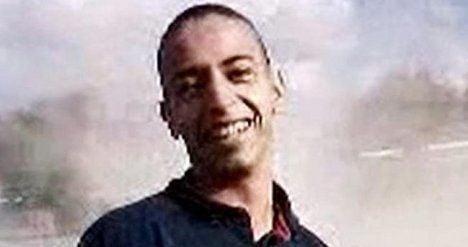
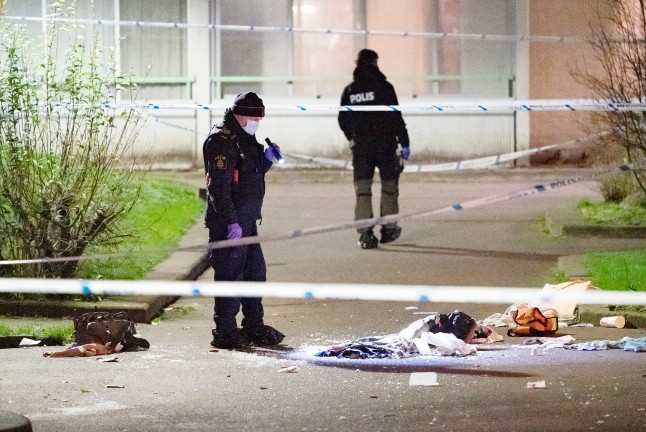
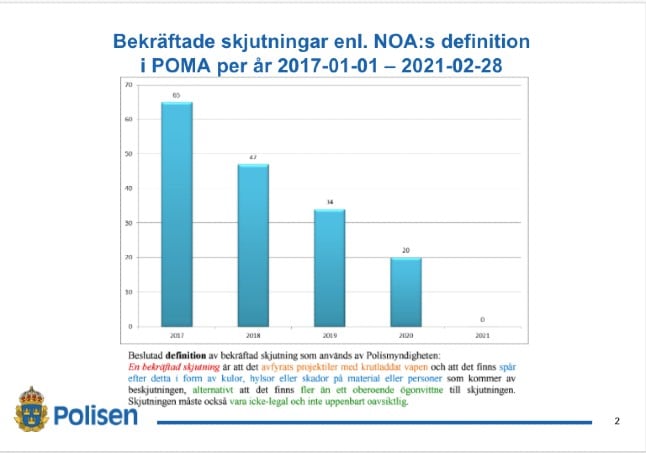
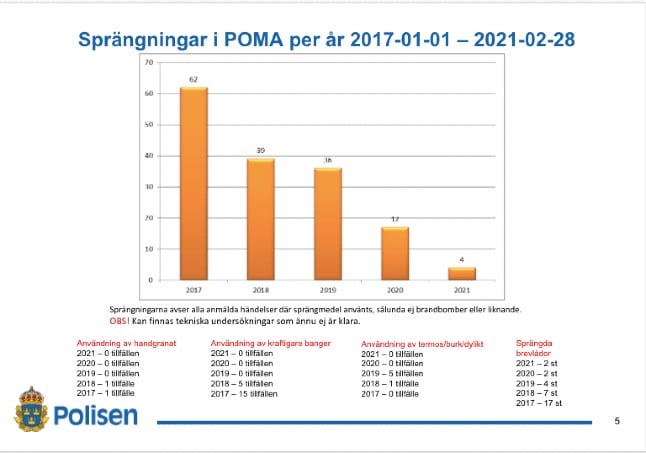
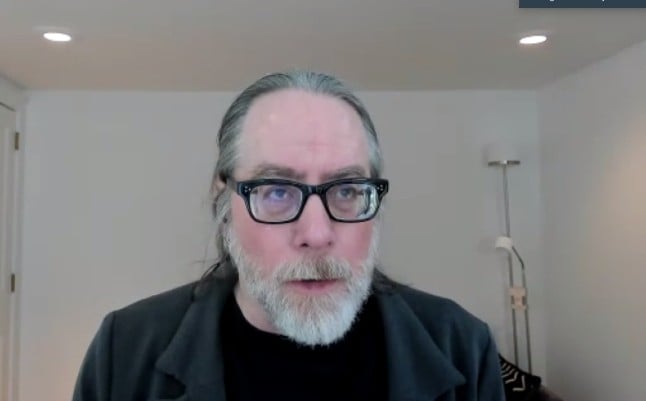
 Please whitelist us to continue reading.
Please whitelist us to continue reading.
Member comments